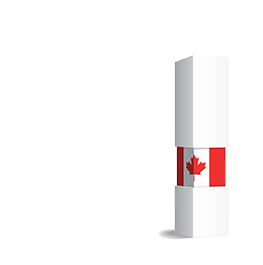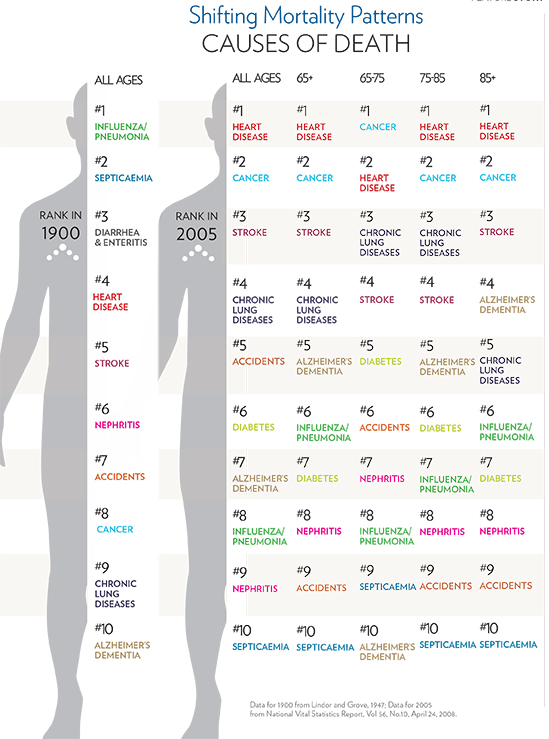What does it mean for biotech industries in Canada?
The Trans-Pacific Partnership Treaty (TPP) negotiated in October 2015 represents a potentially significant opportunity for various biotech related industries in Canada. Canada has signed but not yet ratified the TPP. Canada’s ratification is not a foregone conclusion in that Canada’s recently elected Liberal Party government is engaging in consultations and Parliamentary review prior to taking any decision about the ratification and implementation of the TPP.
Below we review how the TPP addresses patent term and data protection, and discuss potential developments that could occur in Canada as a result.
Duration of patent exclusivity in Canada
Patent Term in Canada is 20 years from the filing date. The TPP provides two mechanisms to extend patent term where administrative delay occurs. Canadian patent holders and innovators stand to benefit from these provisions since such extensions don’t presently exist in Canada.
First, for all patents, patent terms can be extended where “unreasonable” delays occur in issuing the patent. In Canada, this means during patent prosecution at the Canadian Intellectual Property Office. The TPP provides extensions in two alternative scenarios: five years after the filing date of the patent application or three years following a request for examination, whichever is later. A similar principle exists in the United States; but how it might be implemented in Canada is uncertain. Neither the Canadian government nor the TPP indicate how the extension would be calculated.
Second, for patents covering pharmaceutical products, patent terms can be extended where “unreasonable curtailment” of the patent term occurs during the marketing approval process. A similar principle applies in Europe where the objective is to provide additional patent protection to permit the patentee to recover some of the expensive research and development costs. The TPP does not state how long the delay must be before a patent is entitled to a term extension. The Canadian government has stated that the extension under the TPP is in line with the extension negotiated for such delays under the Comprehensive Economic and Trade Agreement between Canada and the European Union; meaning up to a maximum of two extra years.
Protection of research and development data
Obtaining approval to sell a pharmaceutical product in Canada requires the first manufacturer to submit extensive data establishing product safety and efficacy to Health Canada. The time and financial investments required to produce the data are significant. Canada, like many other countries, recognises this investment by protecting the data through the “data protection regime” that prevents potential competitors from referencing the manufacturer’s data for a period of six years, and selling a competing product until eight years, after the first marketing approval. Similarly, for pest control products for the agriculture industry, Canada provides 10 years of data protection.
Consistent with these principles, the TPP provides four main categories of data protection:
i. New pharmaceutical products
Under the TPP, manufacturers seeking marketing approval for a “same or similar” product to a “new pharmaceutical product” (i.e. one that does not contain a previously approved chemical entity) cannot reference the safety and efficacy data of the new pharmaceutical product for a minimum of five years from the date of first marketing approval.

The Canadian government has not commented on how this provision may apply. However, the existing data protection regime for eligible “innovative drugs” appears to be in line with the minimum TPP requirements. Since the TPP defines a “new pharmaceutical product” as one that does not contain a previously approved chemical entity, these products appear to fall within the current definition of “innovative drug” under Canada’s Food and Drug Regulations.
ii. Clinical data for previously
approved pharmaceutical products
Under the TPP, new clinical information submitted for new formulations, indications, or method of administration, of approved pharmaceutical products can benefit from a minimum of three years of data protection. If implemented, this provision would allow for a new category of data protection not currently available in Canada. It should be noted the Canadian government has stated its existing regimes for clinical data protection are compliant with TPP.
iii. Biologics
The TPP provides two categories of data protection for biologics. “Effective market protection” is granted to undisclosed data for either five years or eight years following the first marketing approval of new pharmaceutical products that are or contain a “biologic”. In recognizing the evolving nature of biologics, these periods of data protection are subject to review by all TPP countries after 10 years.
Canada has not commented on which biologic option it would choose, however, both options appear to satisfy Canada’s current data protection laws. Biologics under the TPP are products that are, or contain a protein produced using biotechnological processes for use in humans, prevention, treatment or cure of a disease. This definition appears to fall within the current “innovative drug” definition under Canada’s Food and Drug Regulations, currently eligible for up to eight years of data protection.
iv. Agricultural chemical products
The TPP provides for 10 years of data protection for “agricultural chemical products” which are chemical entities not previously approved for use in Canada as an agricultural chemical product. Canada has not commented on this provision, but already provides 10 years of data protection for pest control products under the Pest Control Products Regulations.
Conclusion
If Canada ratifies and implements the TPP, biotech industries in Canada will benefit from some of the TPP’s intellectual property and data protection regime provisions. However, Canada is still in the early stages of this process, with the next steps taking up to several years. In the meantime, interested parties should pay close attention to positions taken by the Canadian government about the scope of the TPP’s provisions and participate in the consultation process and Parliamentary review.
Kelly A. McClellan, Scott Foster and John Norman are IP litigation lawyers at Gowling WLG in Ottawa and Vancouver. The authors wish to thank articling student Justin Smith for research and editorial assistance.
 BioLab Business Magazine Together, we reach farther into the Canadian Science community
BioLab Business Magazine Together, we reach farther into the Canadian Science community







